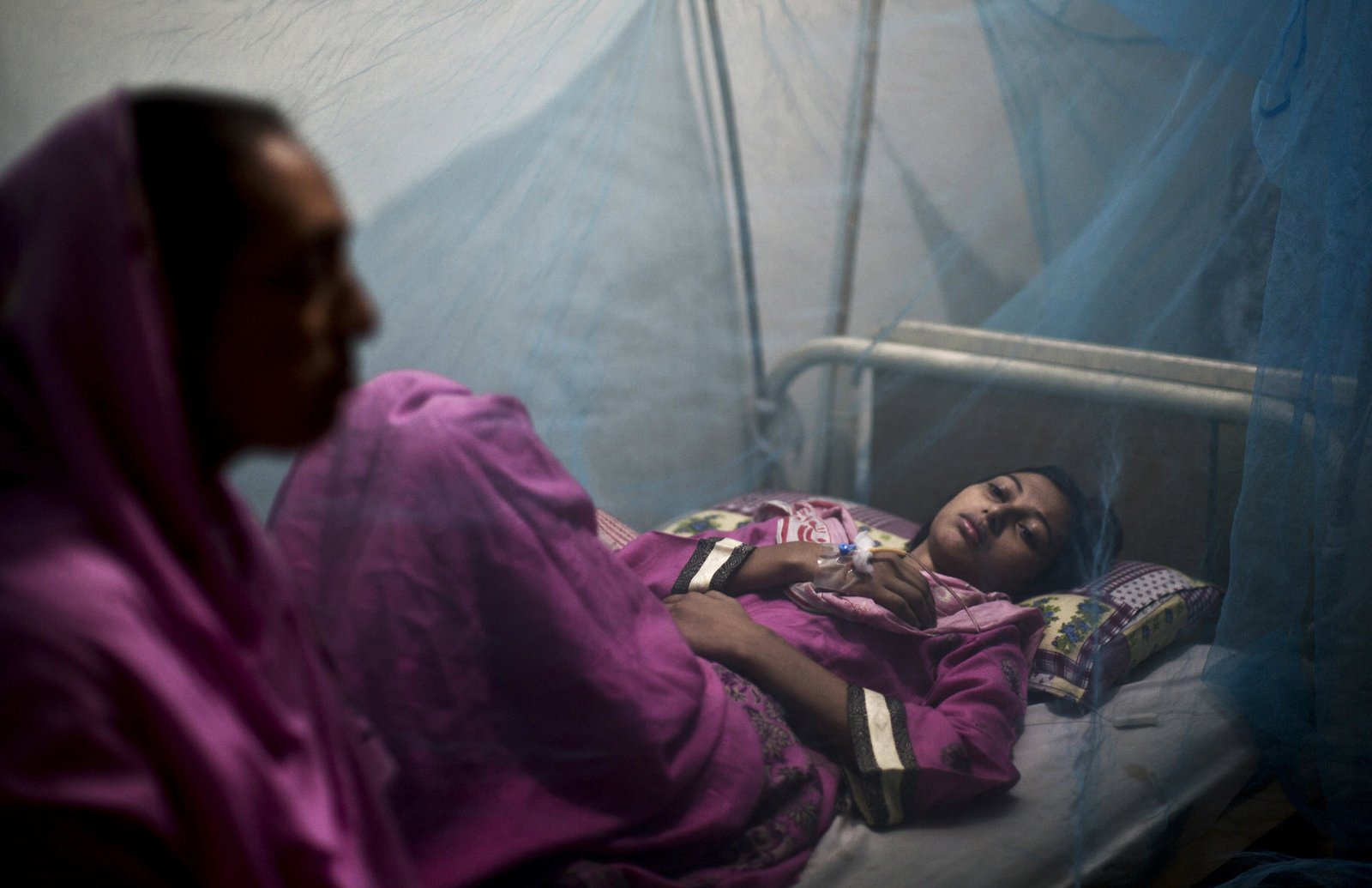Data presented at a medical meeting on Sunday revealed that the multiple myeloma drug Blenrep nearly halved the risk of disease progression or death compared to standard-of-care treatments for the incurable blood cancer.
In the trial involving 302 patients with relapsed or difficult-to-treat multiple myeloma, those who received Blenrep in combination with the steroid dexamethasone and pomalidomide experienced a remarkable outcome. At the end of one year, 71% of these patients were alive without their disease worsening.
Comparatively, progression-free survival (PFS) stood at 51% for patients treated with pomalidomide, dexamethasone, and bortezomib. Notably, pomalidomide is a generic version of Bristol Myers Squibb’s Pomalyst, while bortezomib is the generic form of Takeda Pharmaceuticals’ Velcade.
Hesham Abdullah, an executive in oncology at GSK, underscored the significance of Blenrep’s outpatient administration, lack of requirement for hospitalization, and its accessibility in community settings, highlighting its potential as a vital treatment option.
Detailed findings from the trial were presented at the American Society of Clinical Oncology meeting in Chicago, providing further insights into Blenrep’s efficacy.
Despite setbacks in recent years, including its withdrawal from the U.S. market in 2022, Blenrep’s success in meeting the main goal of significantly improving PFS in this trial suggests a potential resurgence for the drug. This development marks a promising step forward in the treatment landscape for multiple myeloma.



